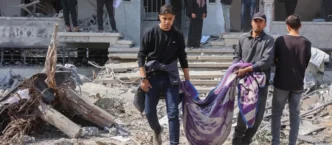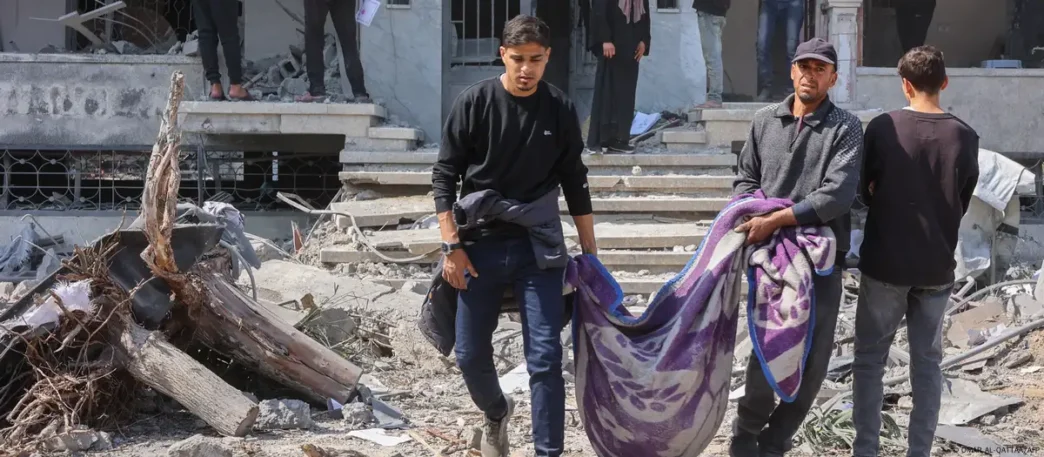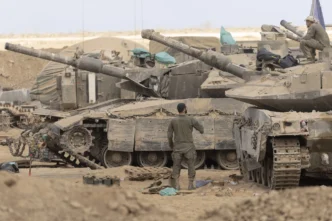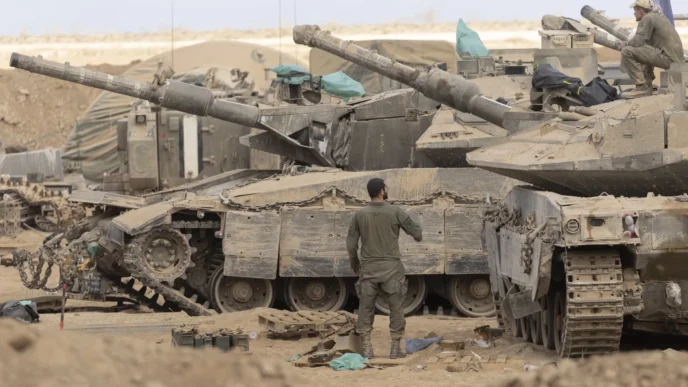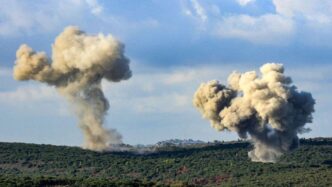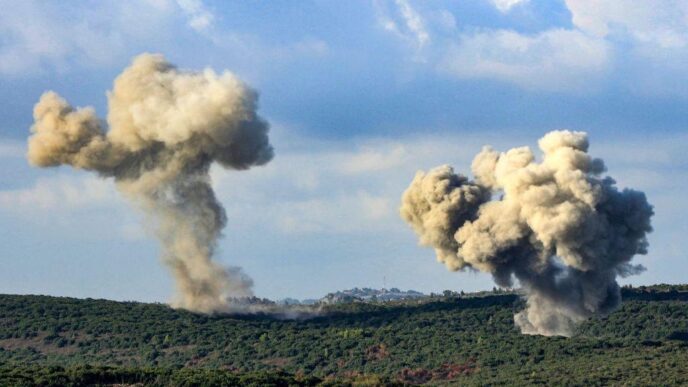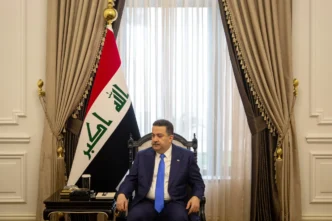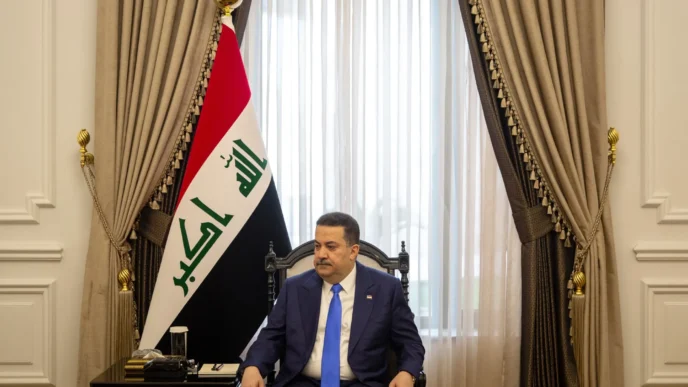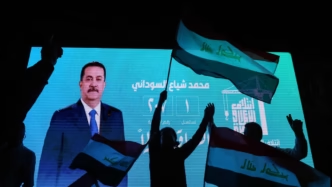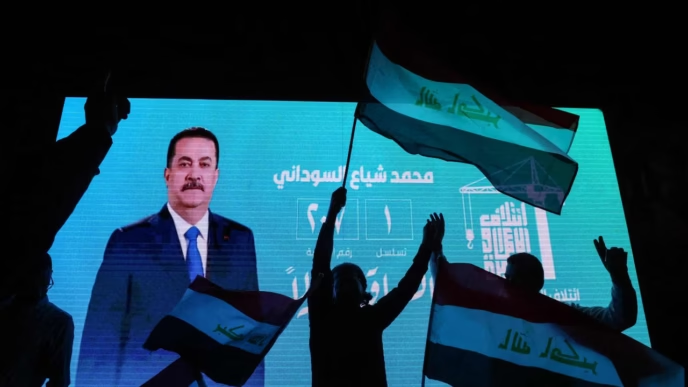Israeli Air Strikes Hit Gaza as Ceasefire Accusations Deepen Tensions
Tensions in the Middle East flared once again this week as Israeli air strikes targeted multiple sites across the Gaza Strip, prompting international concern and renewed debate over the fragile prospects of a ceasefire between Israel and Palestinian factions.
The Israeli Defense Forces (IDF) claimed the attacks were a response to rocket fire launched from Gaza, which allegedly targeted southern Israeli communities overnight. Palestinian officials, however, accused Israel of violating an emerging ceasefire framework that had reportedly been under quiet negotiation with international mediators.
Air Strikes Across Gaza
According to local reports, air strikes hit several areas in northern and central Gaza, including parts of Gaza City and Khan Younis. Witnesses described powerful explosions and fireballs lighting up the night sky. Residential areas near suspected militant sites were damaged, and several casualties were reported, though official numbers remain unconfirmed.
The IDF released a statement saying the operation targeted militant command centers, rocket launch sites, and weapons storage facilities belonging to Hamas and Islamic Jihad. “Israel will continue to act decisively to neutralize threats against its citizens,” the military said.
Palestinian health authorities, however, stated that civilians were among the injured, accusing Israel of “collective punishment” and deliberate escalation ahead of what was supposed to be a truce period.
Ceasefire Talks and Accusations
The latest wave of violence comes amid reports that Egyptian and Qatari mediators had been facilitating back-channel discussions aimed at securing a temporary ceasefire. The goal, according to diplomatic sources, was to reduce hostilities and allow for humanitarian relief efforts to continue unhindered.
Palestinian officials accused Israel of sabotaging the ceasefire talks. “While negotiations were progressing, Israel chose to strike instead of dialogue,” a spokesperson for Hamas said.
Israeli officials countered that Hamas had already broken the ceasefire by firing rockets earlier in the week, and that the strikes were a measured defensive response. “Israel does not seek escalation,” an Israeli government spokesperson stated. “But we will not tolerate continuous attacks on our people.”
International Reaction
The air strikes have drawn swift international attention, with the United Nations calling for restraint on both sides.
UN Secretary-General António Guterres urged all parties to “avoid further bloodshed and uphold humanitarian obligations”, emphasizing that the people of Gaza continue to suffer from years of blockade and repeated conflict.
The European Union also condemned the renewed violence, calling for an immediate halt to hostilities and warning that continued escalation would “undermine regional stability.”
In Washington, the U.S. State Department reiterated its support for Israel’s right to self-defense, while also emphasizing the need for proportionality and protection of civilian life.
Humanitarian Impact
Gaza, home to over 2 million people, remains in a dire humanitarian state. Power shortages, limited access to clean water, and restricted medical supplies have all worsened since the most recent rounds of conflict.
Local NGOs reported that the latest strikes disrupted critical infrastructure, including power lines and communications networks. Hospitals in northern Gaza were reportedly overwhelmed with casualties, some operating with dwindling fuel reserves for generators.
“The humanitarian situation is deteriorating rapidly,” said one aid official. “Every new strike pushes Gaza closer to complete collapse.”
Regional Implications
The renewed fighting threatens to reignite wider regional tensions at a time when Israel’s northern border with Lebanon remains volatile, and when neighboring countries like Egypt and Jordan are urging restraint.
Analysts warn that the latest strikes could also complicate Israel’s diplomatic relations with Arab states that normalized ties under the Abraham Accords. “These incidents test the strength of normalization,” said one Middle East analyst. “Arab governments face pressure from their publics to respond to Gaza’s suffering.”
The Path Forward
Despite mutual accusations and escalating rhetoric, diplomatic efforts to restore calm continue. Mediators from Egypt and Qatar are reportedly working to reestablish contact with both sides to salvage what remains of the ceasefire framework.
Observers note that a sustainable truce will require more than just pauses in violence. It will depend on long-term political solutions addressing the blockade, economic reconstruction, and the enduring Israeli-Palestinian conflict that has defined the region for decades.
For now, the people of Gaza remain trapped in a cycle of destruction and despair, as air raid sirens and explosions once again define daily life.
Conclusion
The renewed Israeli air strikes underscore the fragility of ceasefire efforts and the deep mistrust that continues to define relations between Israel and Palestinian factions. As accusations fly and mediators scramble, one thing remains painfully clear — without meaningful progress toward a political resolution, the cycle of violence will persist, leaving civilians to bear the heaviest burden once again.


